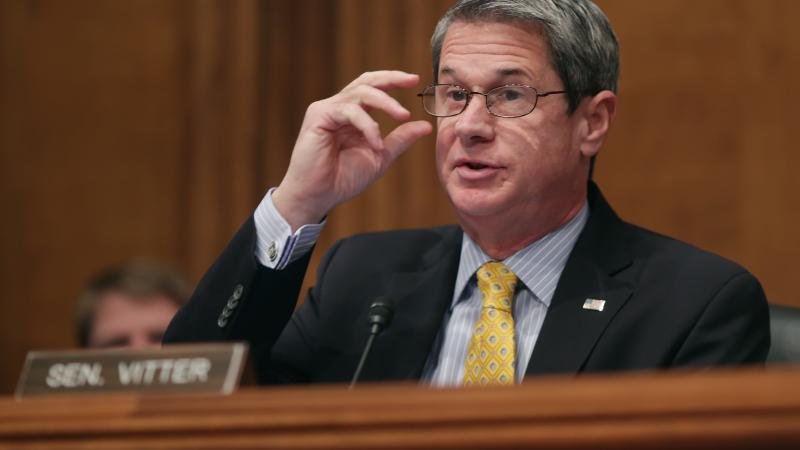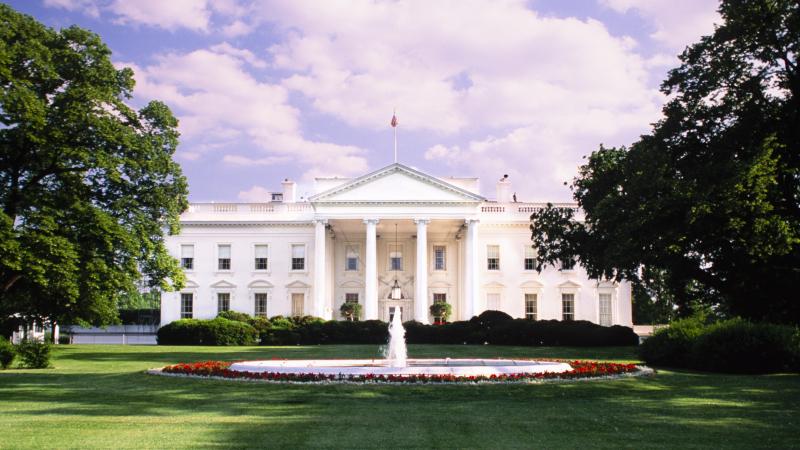Texas Attorney General Paxton calls for arming teachers, individuals to protect schools
“We can't stop bad people from doing bad things. ... But we can harden the schools," state's top law enforcement official says,
Republican lawmakers are calling for greater protection at public schools after a gunman killed 19 children and two teachers at Robb Elementary School in Uvalde, Texas, and local police waited more than an hour before the gunman was confronted and killed.
Texas already has a School Marshal Program created by the state legislature under Gov. Rick Perry and expanded under Gov. Greg Abbott. Most school districts have failed to utilize it, however. Bosque County Sheriff Trace Hendricks has called on school districts in his county to nominate individuals to apply for the program and Abbott has called on several state agencies to expand school safety measures and to train law enforcement in all school districts statewide.
“We can't stop bad people from doing bad things. They're going to violate murder laws. They're not going to follow gun laws. I've never understood that argument,” Texas Attorney General Ken Paxton told Fox News’ Bret Baier in response to those calling for stricter gun laws.
"But we can harden the schools,” he said. “We can create points of access that are difficult to get through. We can potentially arm and prepare and train teachers and other administrators to respond quickly, because the reality is, we don't have the resources to have law enforcement at every school. … So having the right training for some of these people at the school is the best hope. …"
He told Newsmax that having teachers and staff trained in firearm defense and being armed on campus would make it “more difficult for people even to get in that point of entry.
“First responders typically can’t get there in time to prevent a shooting,” he said. “It’s just not possible unless they have a police officer on camera on every campus, which for a lot of these schools is almost impossible.
“I think you’re gonna have to do more at the school, because it typically involves very short periods of time, and you have to have people trained on campus to react.”
The Texas Legislature created the School Marshal program “to prevent the act of murder or serious bodily injury on school premises,” according to the Texas Commission of Law Enforcement, which oversees the program.
School board or governing bodies must apply with the Texas Commission on Law Enforcement to participate. The proposed candidates are required to undergo an 80-hour training course conducted by a law enforcement academy that has been specifically prepared to provide the school marshal curriculum. The course trains candidates in physical security, improving the security of the campus, use of force, active shooter response, and weapon proficiency. No other course can be substituted or exempt an individual from the specific Achool Marshal training course, the commission says.
“It is time to take aggressive and deliberate steps toward the enhancement of our security measures in order to better protect the lives of our students and faculty,” Hendricks said in a letter to school district leaders in his county. “We must insure that our schools and the lives our loved ones are as safe and secure as possible and that none are designated as a ‘soft target.’”
Abbott directed several state agencies to implement safety protocols, including instructing a state university center to provide active shooter training to law enforcement and school administrators in school districts statewide. He’s also directed the Texas Education Agency to create rules mandating enhanced safety standards for public schools, asked the legislature to develop recommendations for school safety, and directed the Texas School Safety Center to review school safety procedures for all public schools and implement inspections and enforcement mechanisms.
In addition to expanding the School Marshal program, in 2015 he signed into law the “campus carry” law. It allows licensed firearm owners to carry concealed handguns on college and university campuses and gave public universities some discretion to regulate campus carry.















